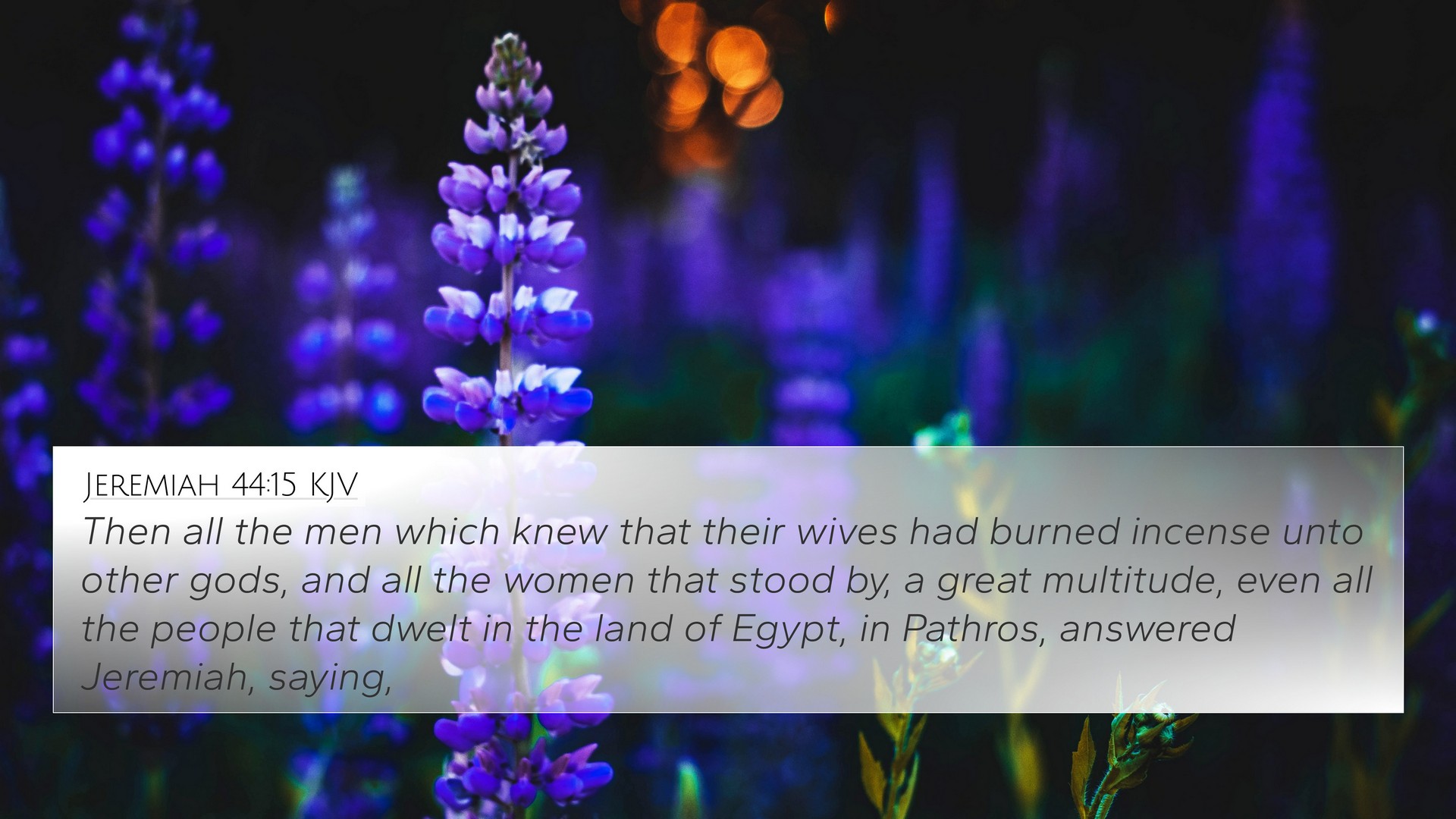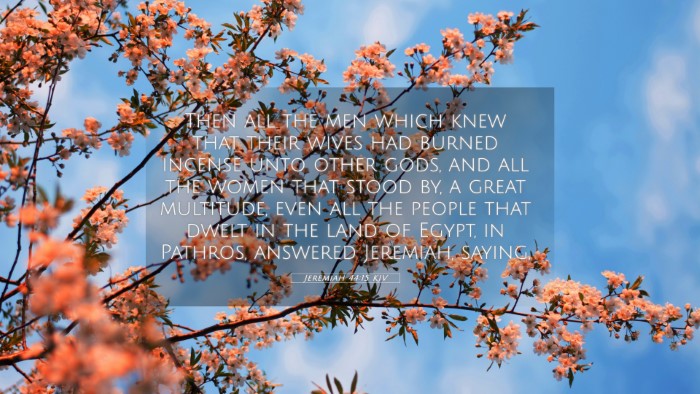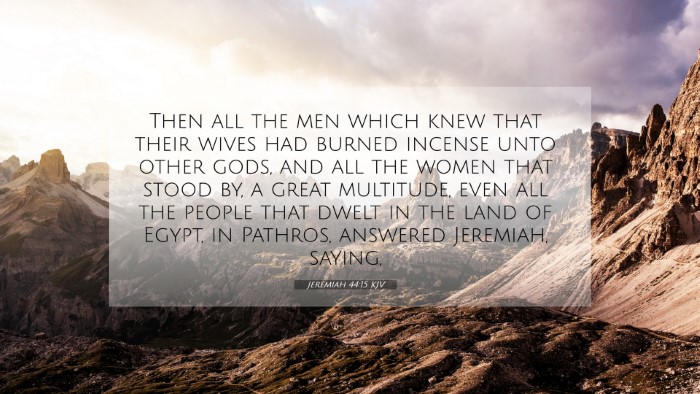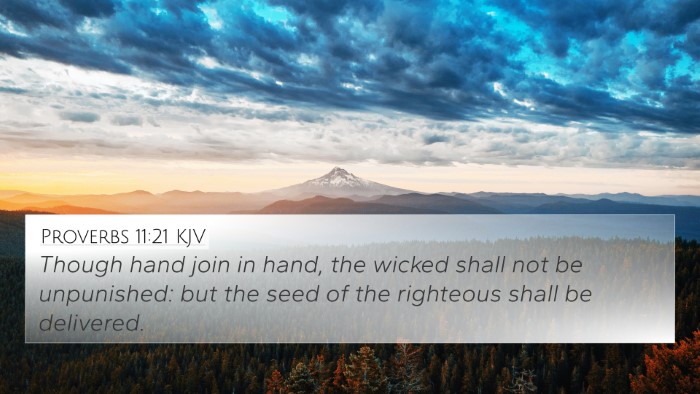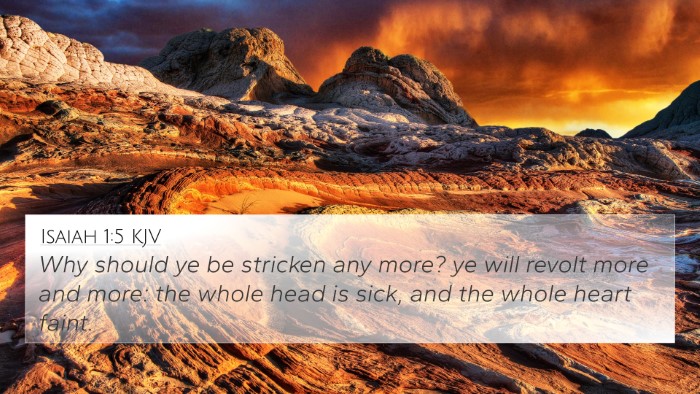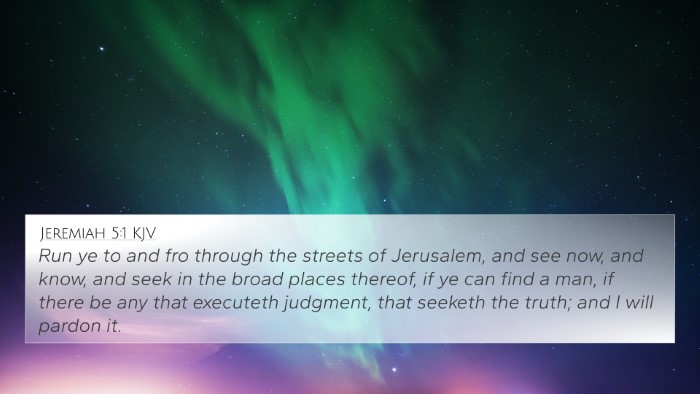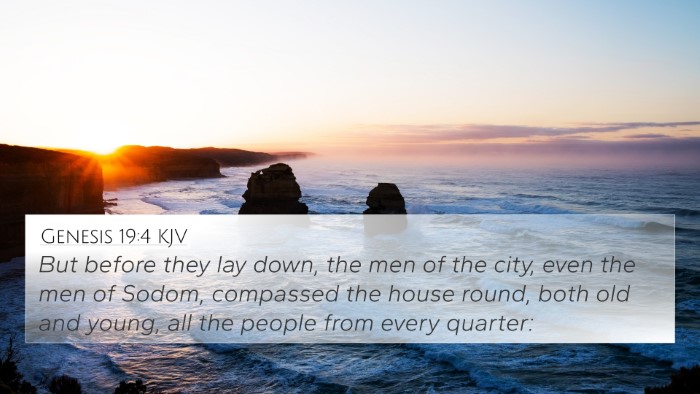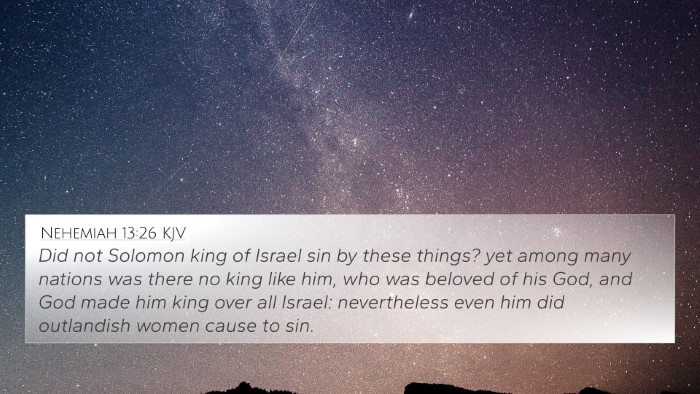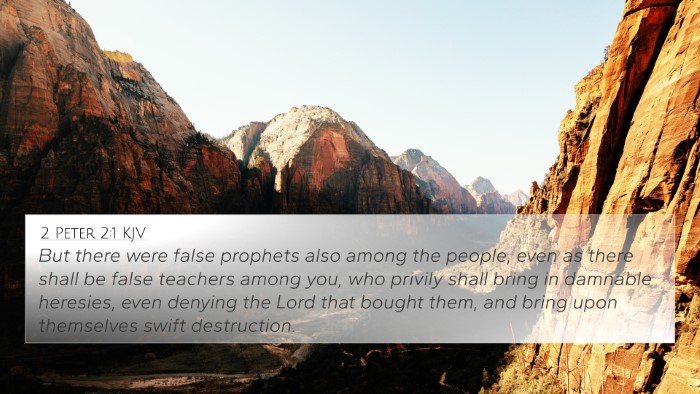Understanding Jeremiah 44:15
The verse Jeremiah 44:15 states, "Then all the men which knew that their wives had burned incense unto other gods, and all the women that stood by, a great multitude, even all the people that dwelt in the land of Egypt, in Pathros, answered Jeremiah, saying,"
highlighting the collective response of the people of Judah who were living in Egypt, affirming their commitment to idolatry despite the prophetic warnings of Jeremiah.
Summary of the Verse
In this verse, we see the defiance of the Jewish exiles in Egypt who openly acknowledge their idolatrous practices. They represent a significant refusal to heed the warnings given by God through the prophet Jeremiah. This determination to worship other gods not only reveals their spiritual apostasy but also their disconnection from the covenant made with Yahweh.
Commentary Insights
-
Matthew Henry:
Henry explains that this verse illustrates the hardness of heart among the people. Even though they were confronted with the consequences of their actions, they chose to continue in their sinful practices, showcasing a profound rejection of God's authority and a preference for their own traditions.
-
Albert Barnes:
Barnes provides an analytical perspective, indicating that this collective response indicates a deliberate decision to turn away from God’s law. Their actions symbolize a wider trend of disobedience that had led them into this predicament and reflect their misunderstanding of divine mercy and judgment.
-
Adam Clarke:
Clarke elaborates on the context of the people’s idolatry, noting that they were influenced by the religious customs of the Egyptians. He emphasizes the danger of syncretism and how it leads to a dilution of one’s faith, ultimately severing one’s relationship with God.
Cross-References
Jeremiah 44:15 can be connected with several other Bible verses that explore themes of disobedience, idolatry, and the consequences of turning away from God:
- Exodus 20:3-5: God's command against idolatry.
- Isaiah 42:17: The fate of those who turn to idols.
- Ezekiel 14:6: A call to repentance from idolatry.
- Jeremiah 7:18: The worship of the queen of heaven by the people.
- Hosea 4:6: The consequences of rejecting knowledge and faithfulness to God.
- Revelation 21:8: The ultimate fate of idolaters.
- Galatians 5:20: Idolatry listed among the works of the flesh.
- Romans 1:21-23: The exchange of the glory of God for images.
Thematic Analysis
The themes surrounding Jeremiah 44:15 encompass not only the immediate context of idolatry among the Jews in Egypt but also reflect a broader narrative across the scriptures regarding the dangers of straying from God's commands. Through comparative Bible verse analysis, we observe that this rejection of God resonates with various accounts of rebellion and the consequences faced by God’s people throughout biblical history.
Connections Between Bible Verses
The connections between Bible verses become evident as we analyze the thematic consistency of idolatry depicted in Jeremiah 44:15 alongside other biblical accounts. By linking Bible scriptures, we uncover a network of teachings that warn against turning away from God and emphasize the importance of fidelity to Him.
Tools for Bible Cross-Referencing
For those interested in delving deeper into cross-referencing biblical texts, various tools such as a Bible concordance and cross-reference Bible study materials can provide valuable insights. Learning how to effectively use these tools allows believers to identify connections between the Old and New Testament and conduct thorough studies of specific themes.
Conclusion
In conclusion, Jeremiah 44:15 serves as a stark reminder of the consequences of idolatry and the importance of maintaining a true relationship with God. Through comprehensive Bible cross-reference materials and proper methodologies in cross-referencing Bible study, one can gain a richer understanding of how scripture interconnects and the overarching narrative of redemption and warning present throughout the Bible.
